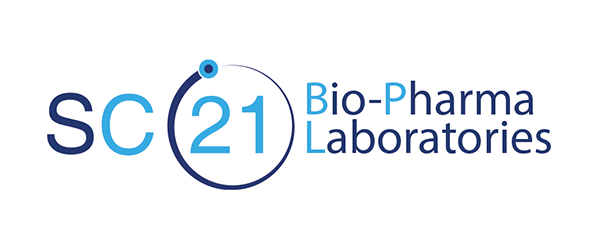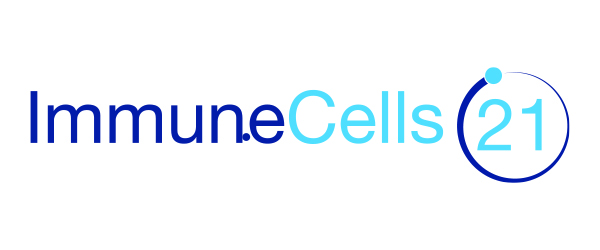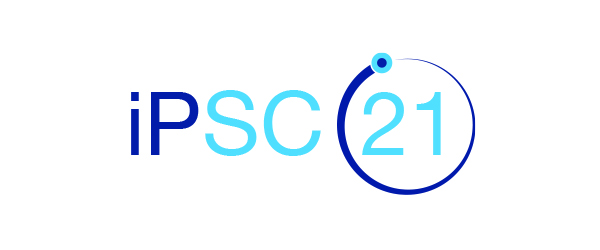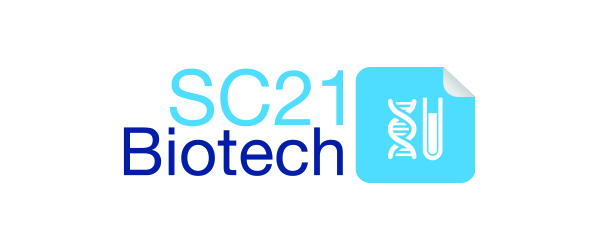Mesenchymal Stem Cells
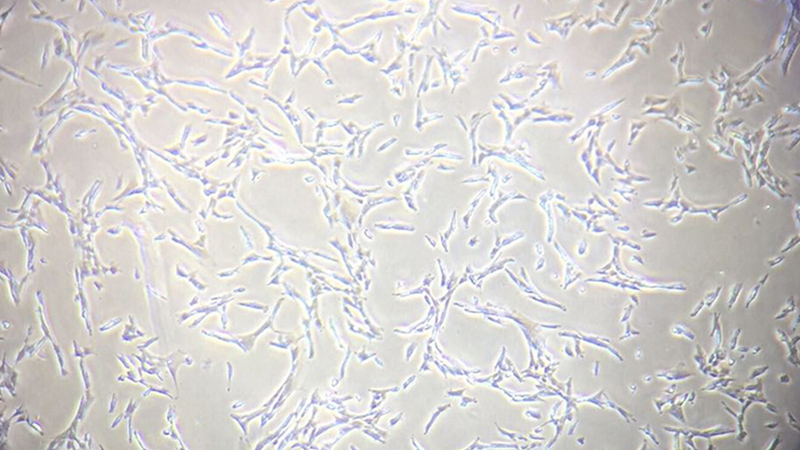
What are Mesenchymal Stem Cells (MSCs)
Mesenchymal stem cells, commonly known as MSCs, are a unique class of cells present in various tissues like bone marrow, fat, and umbilical cord / placenta.
These Stem Cells hold a unique position in the areas of stem cell research and regenerative medicine due to their distinct properties and therapeutic capabilities.
Here’s Why MSCs are Considered a Powerful Tool in Regenerative Medicine:
- Extracellular Vesicle Production: They produce extracellular vesicles (EVs), including exosomes and microvesicles, which play a crucial role in cell-to-cell communication. These vesicles carry proteins, lipids, and nucleic acids that can modulate inflammation, promote tissue repair, and deliver therapeutic molecules to target cells. EVs can also be produced from MSCs in disease models states to enhance their cargo and supplement stem cell treatments.
- Trophic Activity: They produce bioactive factors that support tissue repair. They secrete growth factors, cytokines, and chemokines, which can enhance cell survival, promote angiogenesis, and stimulate resident stem or progenitor cells in injured tissues.
- Immunomodulatory Properties: They can modulate the immune system’s responses. They can inhibit T-cell proliferation, suppress the maturation of dendritic cells, and promote the generation of regulatory T cells. This immunomodulatory capability makes them attractive for therapies related to autoimmune diseases and transplantation.
- Anti-inflammatory Effects: They can secrete anti-inflammatory molecules, which can play a pivotal role in controlling chronic inflammation and aiding tissue repair.
- Homing Ability: They can migrate to sites of injury or inflammation in the body, a property known as “homing.” This capability can be harnessed for targeted therapeutic interventions.
- Low Immunogenicity: They have low levels of MHC class II proteins and other co-stimulatory molecules, allowing them to avoid rejection when transplanted. This property allows for allogeneic transplantations (from donors) without concern about immune rejection.
Key Facts About Mesenchymal Stem Cells
SC21 Early Passage Umbilical Cord Stem Cells (UC-MSCs)
At Stem Cells 21 we exclusively use early passage Umbilical Cord Stem Cells (UC-MSCs), produced to clinical grade standards. The UC-MSCs are at a young age and hold superior therapeutic potential than aged adult MSCs. We maintain their juvenile qualities and potent therapeutic potential by limiting the number of cell replication in culture. MSCs are not immortal and decline in function with extensive culture.
Maintaining the therapeutic potency of early passage UC-MSCs is vital for maximizing their regenerative and immunomodulatory potential. One primary concern is the loss of “stemness,” the ability of these cells to self-renew and differentiate, as they undergo extensive culture. Over time, extended culturing not only diminishes their overall regenerative abilities but also ages them, mirroring natural cellular aging processes and reducing their efficacy in treatments. Furthermore, prolonged culture impacts the production and quality of extracellular vesicles and exosomes, crucial components for cell-to-cell communication. These vesicles, when compromised, can carry undesirable factors that may hinder therapeutic outcomes, emphasizing the need to preserve the integrity of early passage UC-MSCs for optimal therapeutic benefits in regenerative medicine.
All stem cells used in our treatment programs are produced at our FDA registered SC21 Bio-pharma Laboratories : click here for more info

